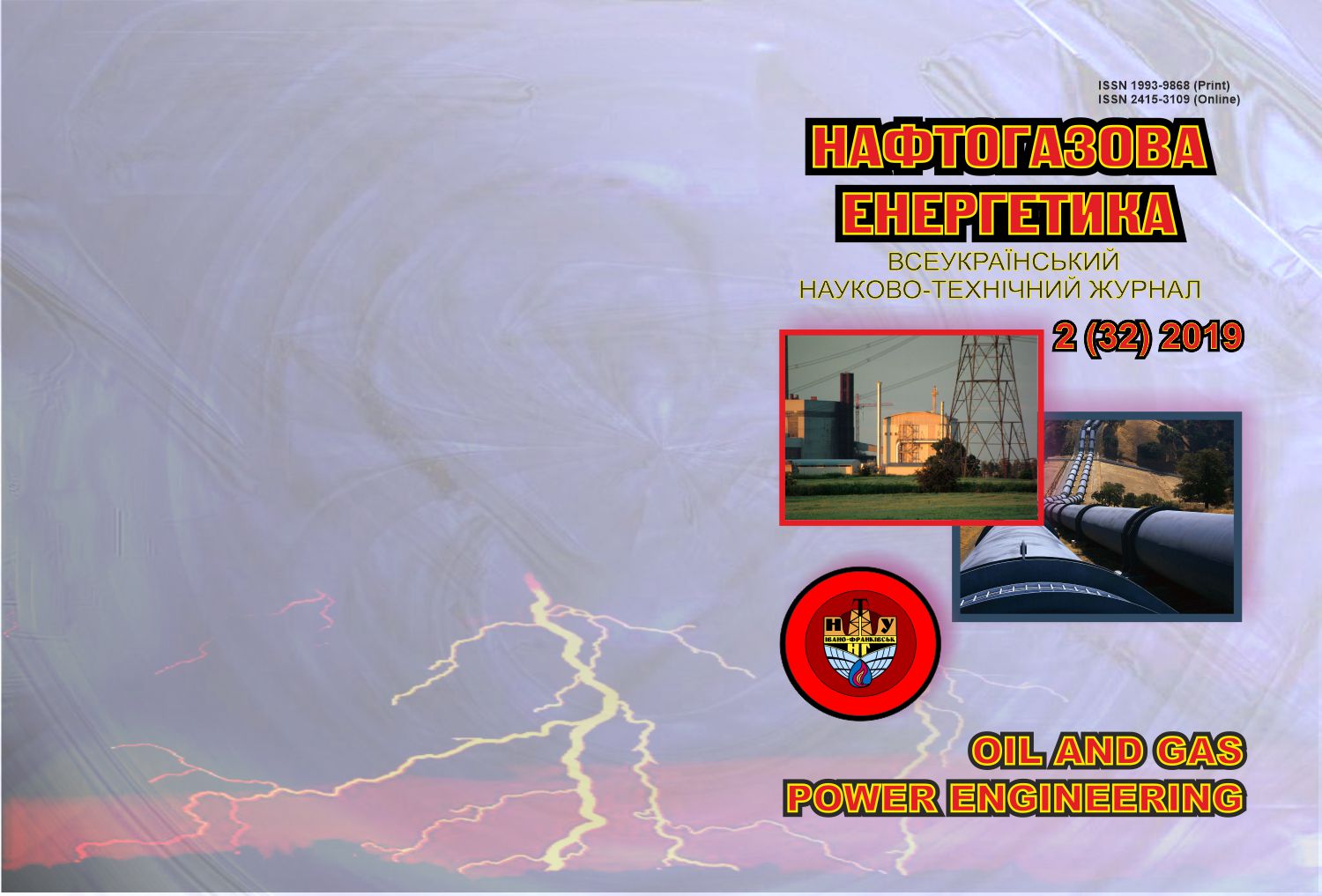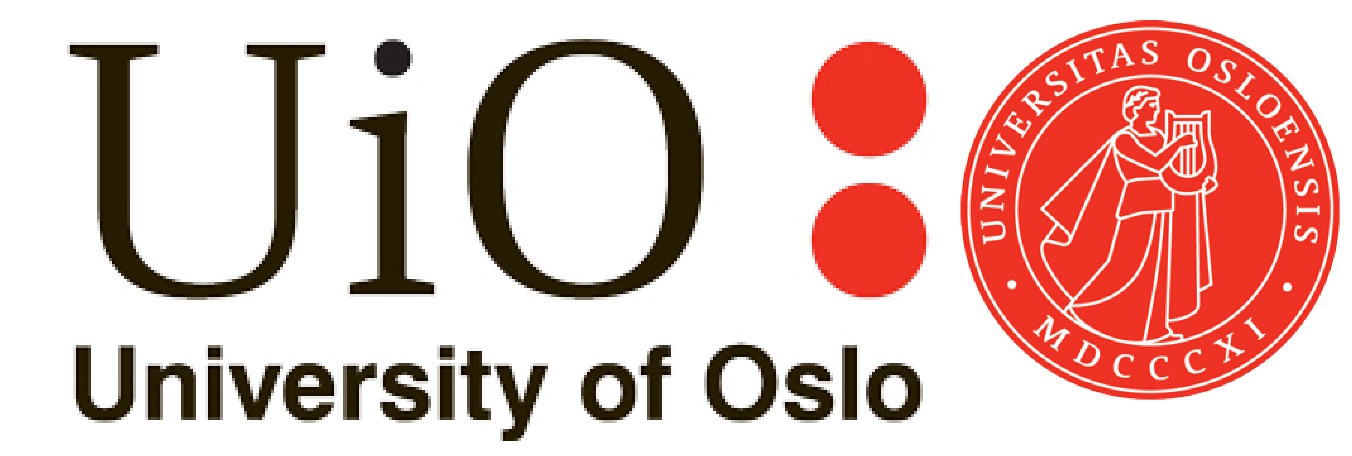Enhancement of identification method of natural gas pipeline transportation hazardous object
DOI:
https://doi.org/10.31471/1993-9868-2019-2(32)-43-52Keywords:
hazardous object, gas pipeline, hazardous substance, identification.Abstract
The prevention of natural and man-made emergencies, which can be accompanied by numerous numan and material losses and disruption of living conditions, is one of the important nowadays problems and needs to be
studied. The pipeline transport of hydrocarbons constitutes a significant man-made hazard. One way to reduce the
risk of emergencies at pipeline facilities is to identify potential sources of danger in a manner of potentially hazardous objects certification. It is also known that any renovation, refurbishment of gas and oil pipeline facilities as well as theirs intended end-use alteration require proper identification and declaration of theirs safety. There has been recently being a very high need in compressor stations switching lines reconstruction that often is accompanied by construction of the appropriate connection branches of the pipeline in order to implement reversed transportation of natural gas and these objects should be consequently identified. Thus, the analysis regarding existing methods of higher danger objects identification for pipeline transport and the total mass evaluation of hazardous substances for such objects is provided. It is established that the existing models do not take into account the gas compressibility factor, the pressure drop in the gas pipeline after section cut-off, the size of the equivalent diameter of leaks and some others. A model is proposed to determine the total mass of gas contained in a section of a pipeline between linear shutdown valves and the mass of gas that can be lost over a time required to detect a leakage and close linear shutdown valves. As a result of proposed model implementation a newly built connection branch between the main line and the inlet of the compressor station, being constructed for reversed gas transportation implementation, was identified as a potentially dangerous object.
Downloads
References
Klasyfikator nadzvychainykh sytuatsii: DK 019:2010: nakaz Derzhspozhyvstandartu Ukrainy 11.10.2010 No 457. URL: http://search.ligazakon.ua/l_doc2.nsf/link1/FIN61335.html (data zvernennia: 20.06.2017).
Hrudz V.Ya., Tymkiv D.F., Mykhalkiv V.B., Kostiv V.V. Obsluhovuvannia i remont hazoprovodiv. Ivano-Frankivsk: Lileia-NV, 2009. 711 p.
Mazur I.I., Ivancov O.M.. Bezopasnost' truboprovodnyh sistem. M.: IC ELIMA, 2004. 1104 p.
Iakovliev Ye.I., Kazak A.S., Mykhalkiv V.B. Rezhymy hazotransportnykh system. Lviv,: Svit, 1992. 170 p.
Pro zatverdzhennia Klasyfikatsiinykh oznak nadzvychainykh sytuatsii: nakaz M-va nadzvychainykh sytuatsii Ukrainy vid 12.12.2012 No 1400. URL: http://zakon2.rada.gov.ua/laws/show/ z0040-13 (data zvernennia: 20.06.2017).
Pro zatverdzhennia Metodyky otsinky zbytkiv vid naslidkiv nadzvychainykh sytuatsii tekhnohennoho i pryrodnoho kharakteru: posta-nova Kabinetu Ministriv Ukrainy vid 15.02.2002 No. 175. URL: http://zakon5.rada.gov.ua/laws/show/175-2002-p (data zvernennia: 20.06.2017).
Truboprovidnyi transport hazu : monohrafiia / M.P. Kovalko, V.Ia. Hrudz, V.B. Mykhalkiv [end other] ; red. M.P. Kovalka; Ahen. z rats. vyk. enerh. ta ekol. K. : Arena, 2002. 600 p.
Hrudz V.Ia., Hrudz Ya.V., Drin N.Ia., Stasiuk R.B. Study of gas filtration process in the ground when leaks from the pipeline occur). Oil and gas power engineering. 2014. No. 1(21). P. 70-74.
Hrudz V.Ia., Hrudz Ya.V., Vintoniuk N.V., Stasiuk R.B. Major repairs and maintenance of gas supply systems rational planning. Oil & gas industry of Ukraine. 2018. No 1. P. 29-32. http://www.naftogaz.com/files/journal/Journal-Naftogazova-galuz-01-2018.pdf
Olijnyk A., Shtaier L., Belei O., Stasyuk R, Yasinetska I.. Modeling of the filtration processes in a rectangular area soils using the darcy. Eastern-European Journal of Enterprise Technologies. 2017. No 6/10(90). P. 24-30. DOI: 10.15587/1729-4061.2017.116114


.png)






1.png)









